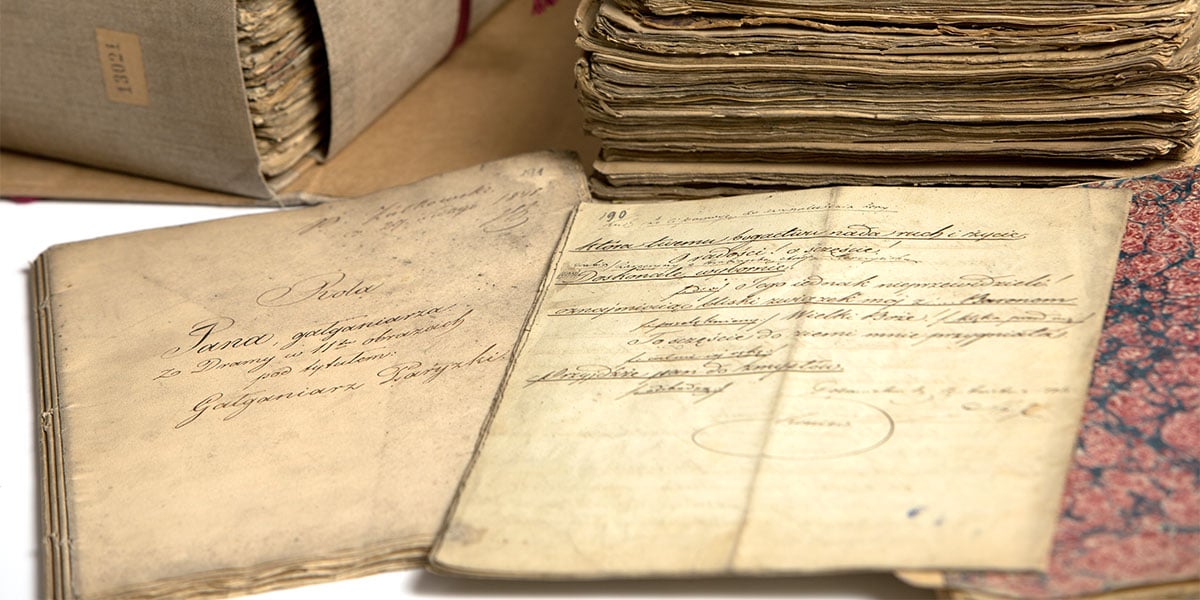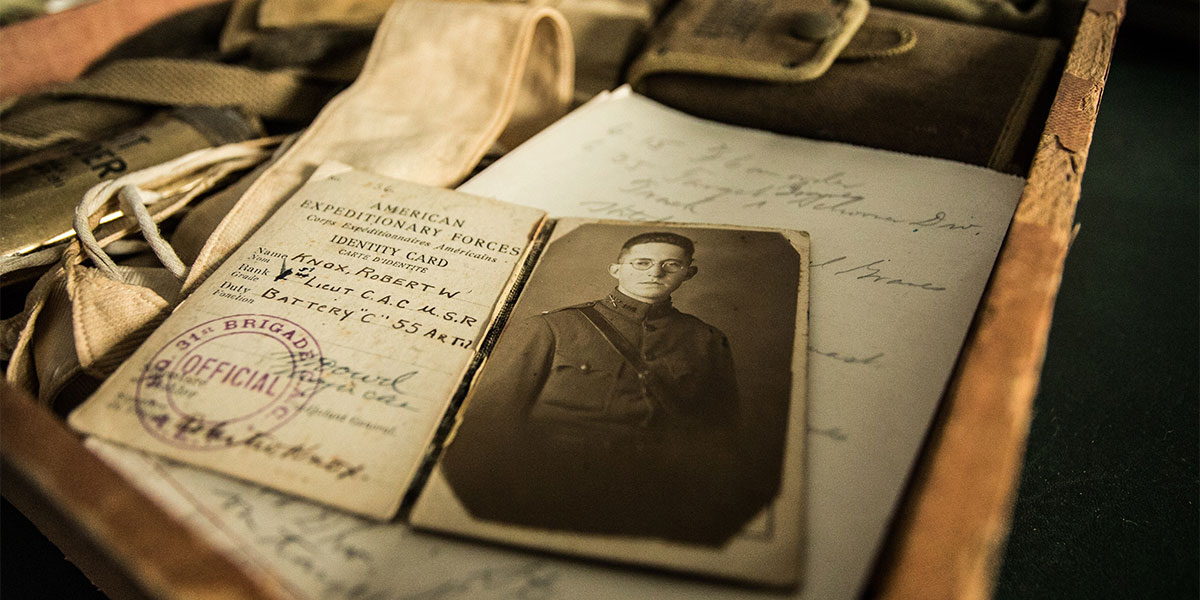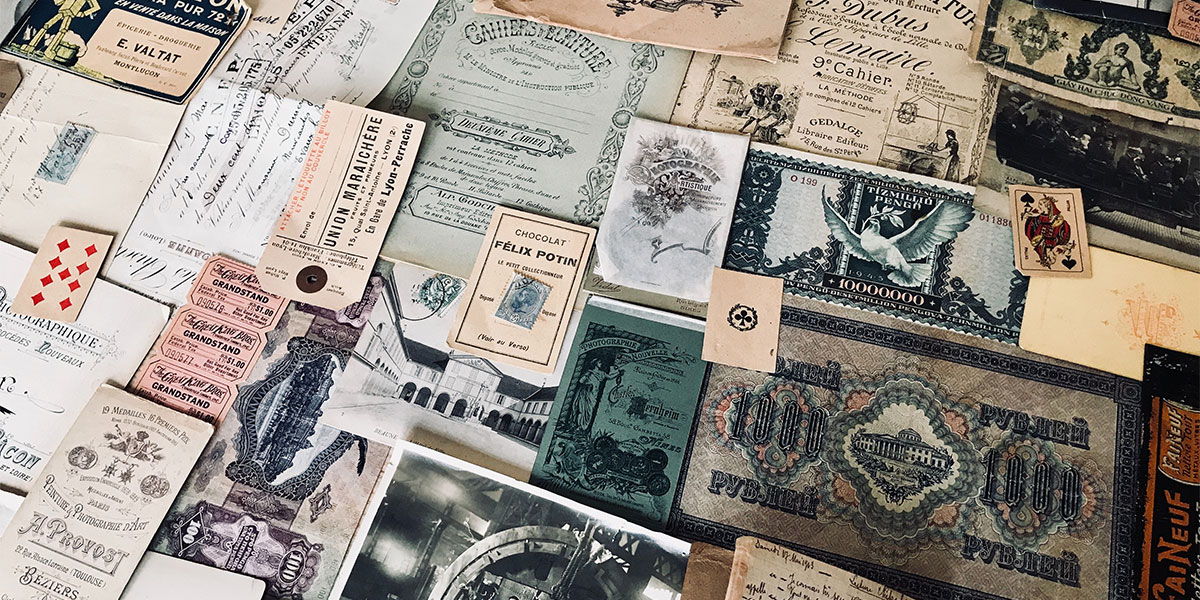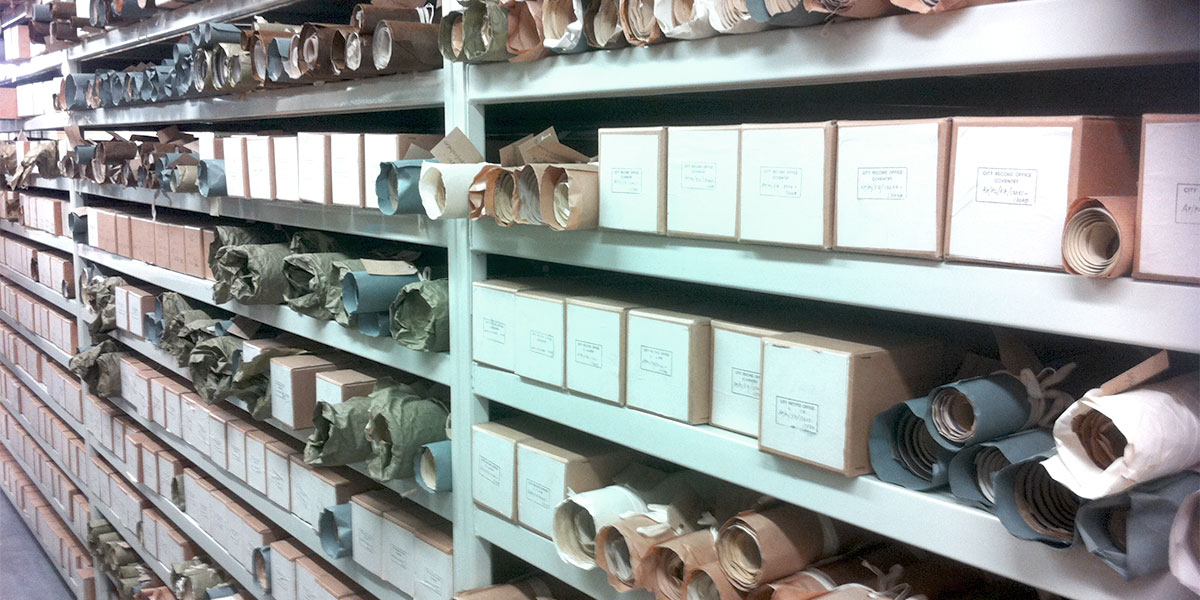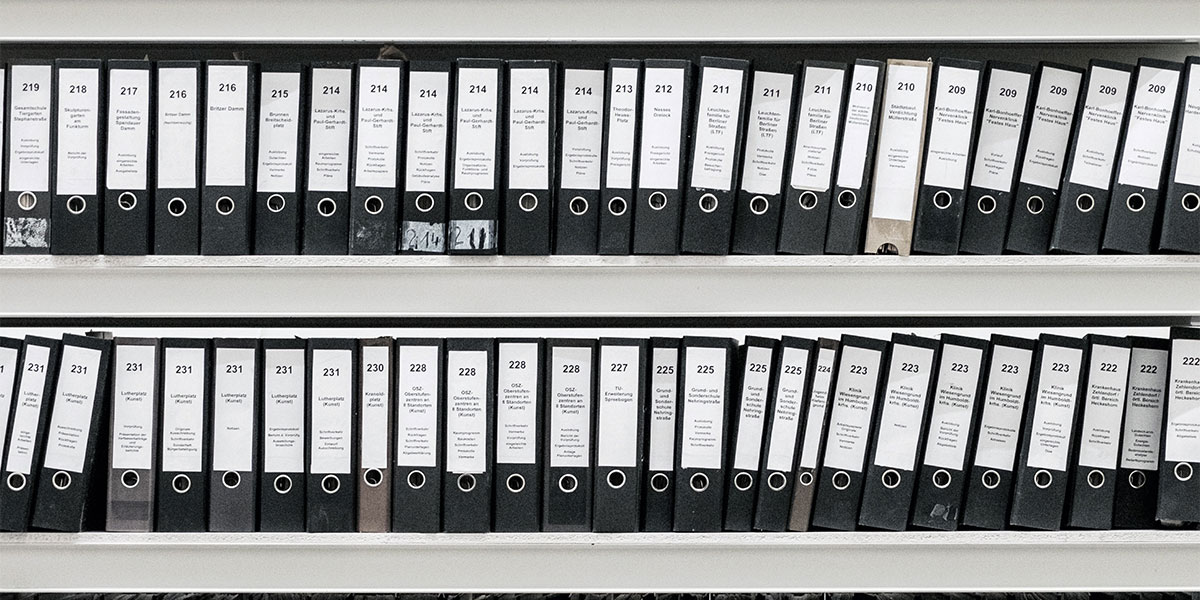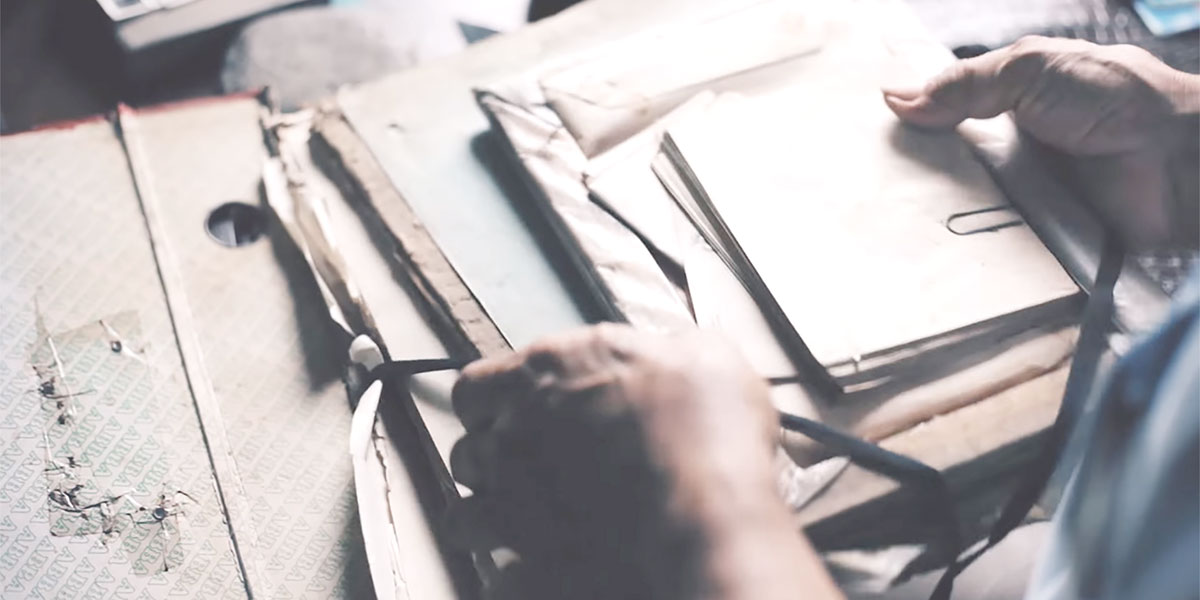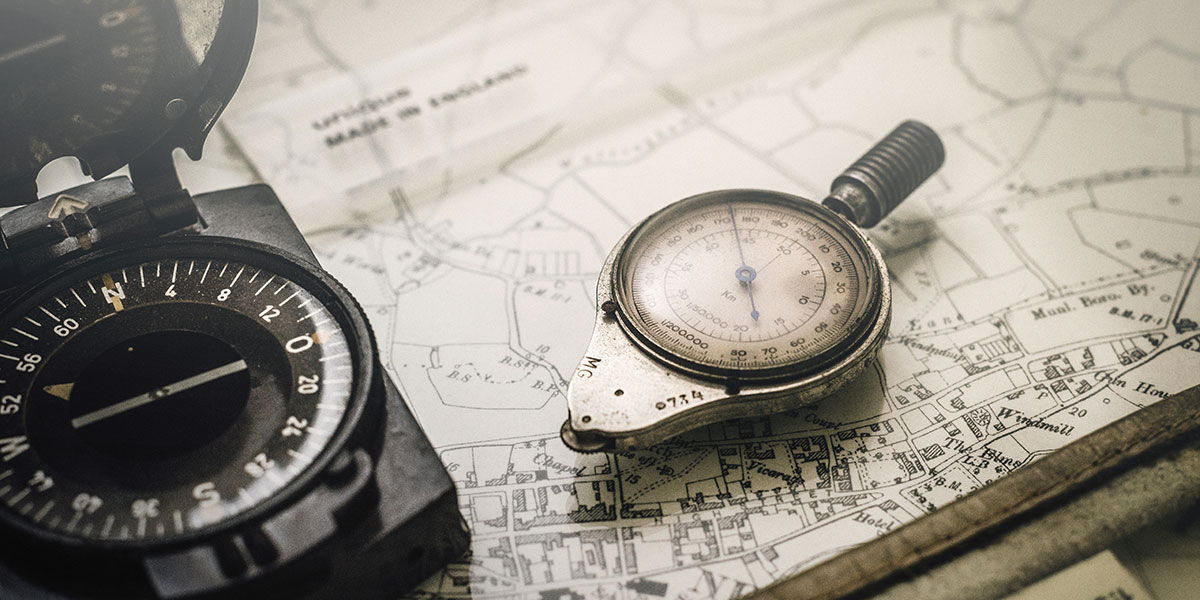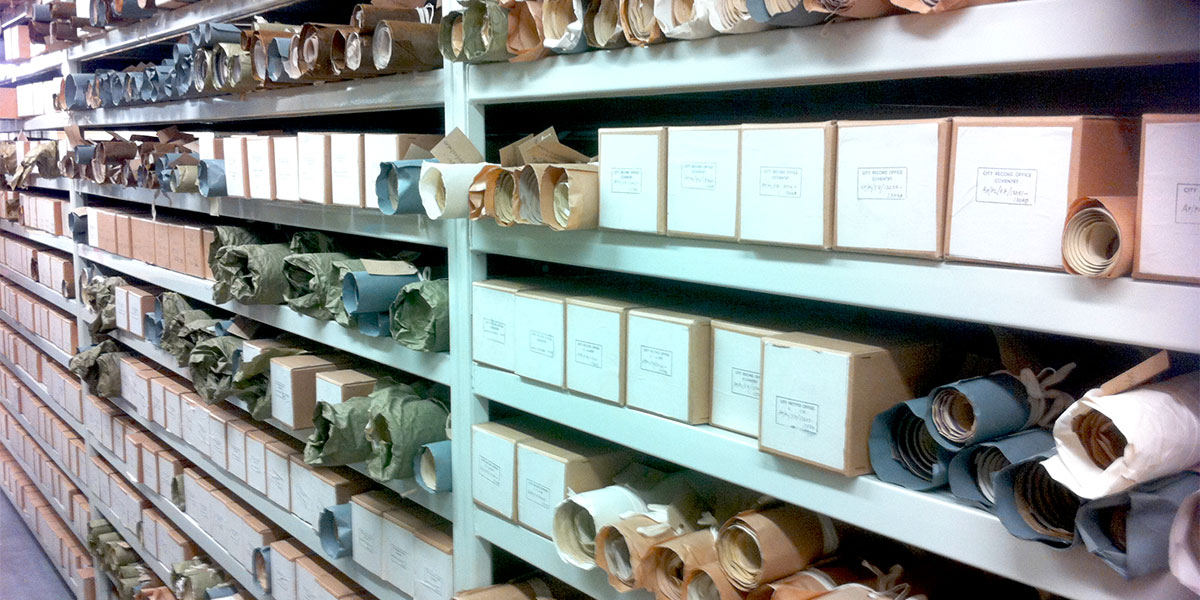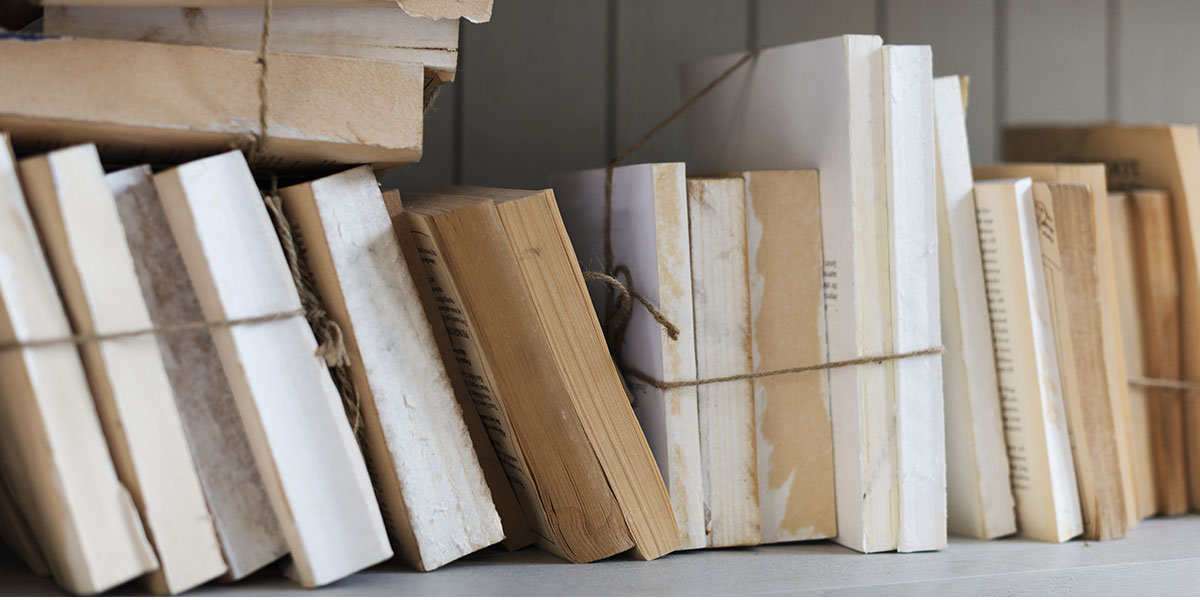Goals and objectives are instrumental in strategic planning for archives because they turn the project’s vision into measurable targets. Goals are the ends towards which a project is directed; objectives are more detailed than goals and explain how goals will be accomplished. With both in hand, archivists build and support the vision for what they wish to achieve with their projects.
We've Moved!
Think Clearly has a new home! Click here to see our latest posts.
*If there’s older content you’d like to catch up on, you can browse right where you are, until Friday, April 5th.
We know it takes a minute to get used to change!
Topics: Professional Development, Strategy, Digital Archives, Archives
The most vital aspect of managing a successful archival project is identifying the right problem to be solved. In the cultural heritage sector, too many excellent exciting projects exist, but limited resources hamper seeing them to fruition. Archivists should prioritize projects that add value to the organization.
Topics: Professional Development, Strategy, Archives
Although some archivists debate the necessity for item-level access, it is often more challenging to describe images in the aggregate. Collection-level description can be useful for images of the same subject, but problematic for collections with a variety of subjects, as it neither improves retrieval nor limits the handling of the originals. Group arrangement and description are necessary for large collections or when resources are limited.
Topics: Digital Archives, Archives, Collections Management
Traditionally, archivists have dismissed arrangement at the item level as having little utility and being impractical for modern collections. However, archival surveys conducted over the years have found that a significant proportion of archivists have adhered to item-level description—even though it is contrary to the traditional archival practice of collection-level description. The same discrepancy between literature and practice appears to be true for visual collections.
Topics: Digital Archives, Archives, Collections Management
In July 1945, Atlantic Monthly published “As We May Think,” by army scientist Vannevar Bush, an essay that had an immense influence on the history of computing. Bush was concerned about the explosion of information without a means to quickly retrieve data.
Topics: Digital Archives, Archives
Metadata is structured data about data, information that facilitates the management and use of other information. The function of metadata is to provide your users with a standardized means for access to digitized materials. However, it is not enough to use just any metadata standard.
Topics: Digital Archives, Archives
Ethical, Legal, and Cultural Considerations for Digital Archival Projects
When digitizing collections, archivists should always take legal and ethical rights into consideration and proceed with caution when documenting culturally sensitive content—with sympathy as to the context of how the materials were collected, and consideration in the manner in which such content is presented.
Topics: Digital Archives, Archives, Collections Management
Formal standards, such as Describing Archives: A Content Standard (DACS), Graphic Materials, and Rules for Archival Description (RAD), have been developed over time for the description of archival materials. While descriptive standards offer consistency, archival repositories employ descriptive systems suited to their holdings, not universal access, and description continues to be idiosyncratic.
Topics: Digital Archives, Archives, Collections Management
Working with collections in a library, archives, or museum (LAM) setting requires knowledgeable professionals. Through a combination of specialized education and experience gained in the field, professionals amass knowledge and skills developed for a very niche area. Most positions found within a LAM will require a high level of education and experience, but not every professional position needed can be funded.
Topics: Museums, Archives, Collections Management
When Your Archives and Special Collections Aren't Special
As discussed in a previous Library, Archives, and Museum (LAM) post, archives and special collections are often found within museums. While “special” is indicated in the name, the specialness can cause heartache and extra work for staff members who aren’t used to working with Archives and Special Collections (ASCs). This post will help define what ASCs are and identify common areas where ASCs aren’t special.
Topics: Museums, Archives, Collections Management
Digitization can be performed either in-house or outsourced. In-house implies that a department of the institution captures the images—supplying hardware and software, trained personnel, and overhead. Outsourcing requires entering into a contract with a vendor who will receive the images, convert them, and return the originals with the required digital files. Both in-house and outsourced alternatives should be considered when embarking on a digitization project.
Topics: Digital Archives, Archives, Collections Management
At any given time, museum visitors only see 10% of a museum collection. When I was working at the Smithsonian, I believe the statistic was even lower—a whopping 1% of collection materials were on display! Now consider the possibility of a related but differently categorized collection – that of the museum’s archives. Archival materials rarely make it onto the museum’s exhibition floor and yet they are critically important to correctly interpreting the museum’s objects.
Topics: Museums, Archives, Collections Management
As archivists, we take our responsibilities seriously as stewards of the collections entrusted to our care, ensuring that our assets remain safe and accessible to users. The demand for increased online access to collections, coupled with limited fiscal and staff resources, makes balancing the two a challenge.
Topics: Digital Archives, Archives, Collections Management
Staffing needs for digital projects depend on the project’s size and complexity. Training existing staff members to work on digitization projects is a critical component of change management within the institution because digital projects require new skills. The digital age is moving memory institutions into new paradigms of delivering both services and content, and this alteration brings with it a need for training in managing information in a hybrid environment.
Topics: Digital Archives, Archives, Collections Management
The American College of Surgeons (ACS) is a scientific and educational association of surgeons that was founded in 1913 to improve the quality of care for the surgical patient by setting high standards for surgical education and practice. The College Archives, located in the headquarters building in Chicago, collects and preserves inactive College records of enduring value and makes them available for research to its members and to the general public.
Topics: Archives Collections Management Software, Digital Archives, Archives
There’s no one model for libraries, archives and museums to coexist and interact. Each entity can be a stand-alone repository, a mixture of two entities, or contain all three entities. Library, Archive, and Museum (LAM) professionals are trained in organizing and categorizing items in their respective collections. Since this is their specialty they’ve applied the same principles to classify LAM entities separately, due to the LAM's slightly different functions and collection materials.
Topics: Museums, Special Libraries, Digital Archives, Archives, Collections Management
Rights management has significant implications for archival collections. If you have documents or images in your possession, you might believe you own the rights to them. However, even though you may physically have the items, the creator of the documents retains the legal copyright, sometimes for much longer than you would assume.
Topics: Collections Management Software, Digital Archives, Archives
I was once the director of an archival collection related to historical buildings around the world. From Babylon to Bauhaus, the collection held just about every amazing world monument you could think of and documented state-of-the-art historic preservation techniques. Here was my challenge: the archives was institutional with no public access, and I was a “lone arranger” in charge of all aspects of archival management at the organization. How could I share these treasures?
Topics: Digital Archives, Archives

